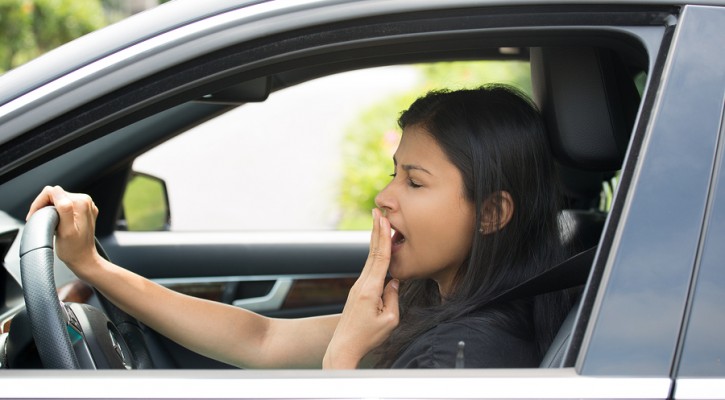
Hidden Sleep Disorders Can Be Dangerous
August 24, 2015
A new Institute of Medicine report points out the health and safety dangers posed by undetected sleep disorders. According to medical experts, hidden sleep disorders can lead to cardiovascular problems, diabetes, and possibly Alzheimer’s. Especially dangerous are the dangers of industrial accidents and motor vehicle crashes caused by drowsy driving.
Many people in their 50’s to 60’s could be suffering from one or more of these hidden sleep disorders and simply attribute their sleepiness to advancing age. Individuals with sleep disorders may also be in denial because they don’t have any of the risk factors such as alcohol use or smoking.
While driving, lack of sleep can lead to a lack of concentration on the road ahead. In many cases, drowsy driving can cause what is known as a micro-sleep, where the driver nods off for a second or two. A second or two may not seem too bad until you consider that, at highway speeds, a car can travel almost 200 feet in two seconds. A second or two is long enough to drive into another lane or off the road.
A 2014 study by AAA found that drowsy driving was responsible for 21 percent of fatal crashes and the deaths of an average of 6,400 people per year.
Without any obvious symptoms reported by the individuals or spouses, the only way to diagnose these hidden sleep disorders is through a sleep study in a specially designed sleep lab. In these labs, subjects spend the night in a soundproof, totally dark room while their brainwaves, respiration and other signs are monitored by staff in a central control room.
If an obstructive airway is diagnosed as the cause of these sleep disorders, a Continuous Positive Airway Pressure (CPAP) machine is often prescribed. However, many don’t like the idea of sleeping while wearing a mask and hooked by hoses to a noisy machine. For those who resist that idea, there are alternatives such as surgery to open up the airway or an appliance worn inside the mouth that pushes the lower jaw forward.
For others sleep therapy can be as simple as changing lifestyle habits such as watching alcohol intake, staying up too late, or watching TV in the bedroom.
Doctors advise that, if you feel sleepy during your normal wake hours on a regular basis, you may be suffering from one or more of these sleep disorders. The study’s authors advised medical practitioners to consider lack of sleep and question their patients on their sleep habits as part of their routine diagnostic process.
Read more: Snooze Alert: A Sleep Disorder May Be Harming Your Body And Brain
